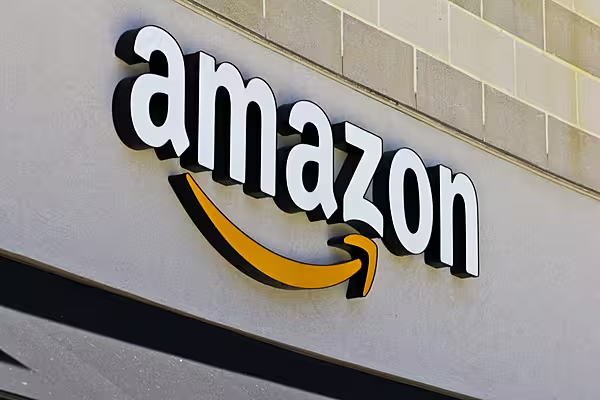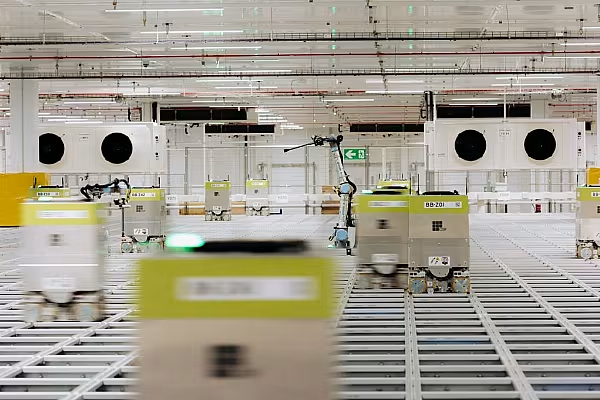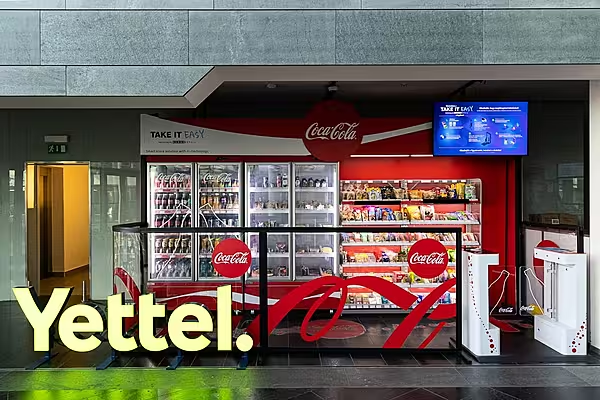Online retail giant Amazon has announced its financial results for its second quarter, ending 30 June 2017, with the company reporting a net-sales increase of 25%, to $38 billion, compared to $30.4 billion in the same period in 2016.
Operating cash flow increased by 37%, to $17.9 billion, for the previous twelve months, however, the company experienced a decrease of 51% in operating income during the second quarter, falling to $628 million.
Net income was $197 million in the second quarter, or $0.40 per diluted share, falling from $1.78 per diluted share in the second quarter of 2016.
New Developments
In spite of the fall in share price, Amazon remains confident about the outlook for the next quarter. It expects net sales to grow between 20% and 28%, compared to the same period in 2016.
The e-commerce company is also focusing on the progress that it made in this quarter. Its third annual Prime Day event earlier this month turned out to be its biggest retail day ever, it launched new Alexa and Fire products, expanded Amazon Prime Now to Singapore, brought AmazonFresh to Germany, and announced the proposed acquisition of Whole Foods Market.
“Our teams remain heads-down and focused on customers,” said Jeff Bezos, Amazon founder and CEO. "It’s energising to invent on behalf of customers, and we continue to see many high-quality opportunities to invest.”
Turning Sales Into Profits
Commenting on Amazon's performance, Neil Saunders, managing director of GlobalData Retail, said, "As good as Amazon is at generating sales, it is far less successful in turning those sales into profits. To be fair, much of this is deliberate: Amazon chooses to reinvest in its business and to sacrifice profits to boost its market share and dominance.
"However, such a strategy shows up in a weak set of bottom-line numbers. Indeed, in its latest quarter, Walmart made more net profit in a week than Amazon did during the entire three-month period."
Saunders added that, based on Amazon's recent performances, the company's profitability is "getting worse, rather than better. This quarter, operating income fell by 51%, while net income dropped by an even sharper 77%. Some of this is down to increased innovation costs, some is the result of expansion into new markets, some is because of higher content costs, and some is a function of higher fulfilment charges.
"However, it all adds up to one thing: Amazon is buying sales at the expense of the bottom line. In our view, this is a sustainable position, both because Amazon is cash generative and is not losing money. Nevertheless, it takes some of the shine off Amazon's success."
© 2017 European Supermarket Magazine – your source for the latest retail news. Article by Sarah Harford. Click subscribe to sign up to ESM: The European Supermarket Magazine.














